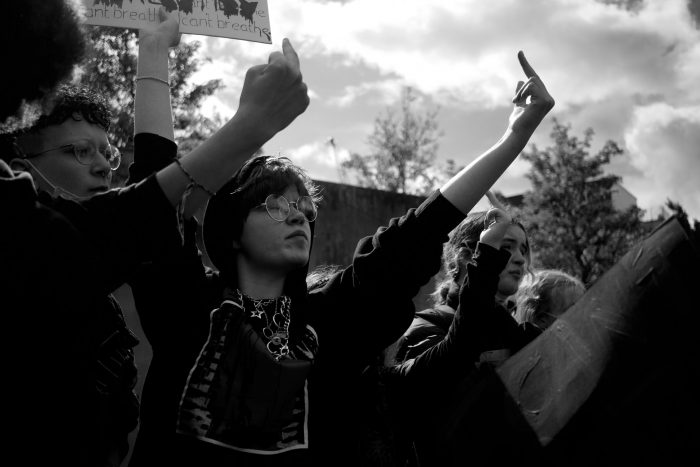Empathy and our capacity to relate to others compassionately is undisputedly a redeeming trait among humankind.
But in today’s new normal of social isolation, and of our growing propensity to vent through social media, we are experiencing a breakdown of empathy.
By limiting our face-to-face contact with others, we more easily default to stereotyping and dehumanizing anyone we deem as different from ourselves—be it in regard to race, ethnicity, political or religious affiliation, gender identity, and so on.
Now, with limited exposure to in-person contact with people from different walks of life, we become removed from the reality that people, at their core, are alike in their underlying need for love and belonging.
In place of this, our unconscious biases take over, allowing us to jump to unwarranted conclusions about people based on our perceived ideological points of view. We see people in the context of ideas we’ve developed about “those kinds of people.”
Viewing people different from ourselves as less valued or less human results in an alarming debasing of others. We repeatedly witness the ramifications of these escalating attitudes. For example, we are barraged with:
>> Provocative tweets from an unhinged president fueling division and hate
>> Videos of police brutality leading to the murder of innocent Black people
>> Reports of aggressive resistance to mask-wearing mandates intended to quell the pandemic
>> Images of children torn from parents seeking asylum at our borders
>> Footage of encampments of the homeless bulldozed into dumpsters
>> Dishonest attacks on attempts to create greater understanding through efforts like diversity and inclusion training
The lack of empathy for others is glaring when we take a step back and note not only the behaviors around us, but even our own.
We can restore empathy for others by consciously addressing our unconscious biases.
Here are some ways to begin:
1. Notice what influences your opinions. Remember that all humans have unconscious preferences and biases, and that those preferences and biases impact most, if not all, of the decisions we make—including those regarding people. Be willing to honestly admit your biases.
2. Survey yourself. The Implicit Association Test can help you identify your unconscious preferences. Taking one or more of the tests is free, and it will give you important information to ponder. Keep track of your decisions and review them to see if there are any patterns that may not have been apparent to you—similarities in the persons you socialize with, people you hire or select to be on your team, and other trends. Patterns don’t automatically indicate bias, but if you see a pattern, examine it further.
3. Step out of your comfort zone. If you discover that you view a particular group with discomfort, make a conscious effort to learn more about that group. Expose yourself to positive images and other information related to the group. Don’t be afraid to question yourself. If others question your decisions, instead of reacting defensively, try to listen to the feedback. Be open to change.
4. Expand your curiosity about others. When you interact with a person who is part of a group with which you’ve had little interaction, be aware that you may be especially susceptible to stereotyping, which can lead to false or negative assumptions about that person. Make a conscious effort to learn more about that individual, as well as his or her group, recognizing that interaction with one person does not predict or explain his or her group norms.
5. Broaden your sources of input. Get input from people representing other groups or points of view during your decision-making process. One of the best ways to bring unconscious biases and their effect on your behavior into clear view is to ask peers for feedback regarding potential preference patterns. Most of us are reluctant to do this because we’re inherently afraid of what we might hear. But are we better off with people thinking it and not telling us?
We are all human and so is bias. Embarking on a quest to uncover and examine our own biases is the first big step on a journey toward building empathy and reawakening our compassion and concern for others.
~











Read 1 comment and reply